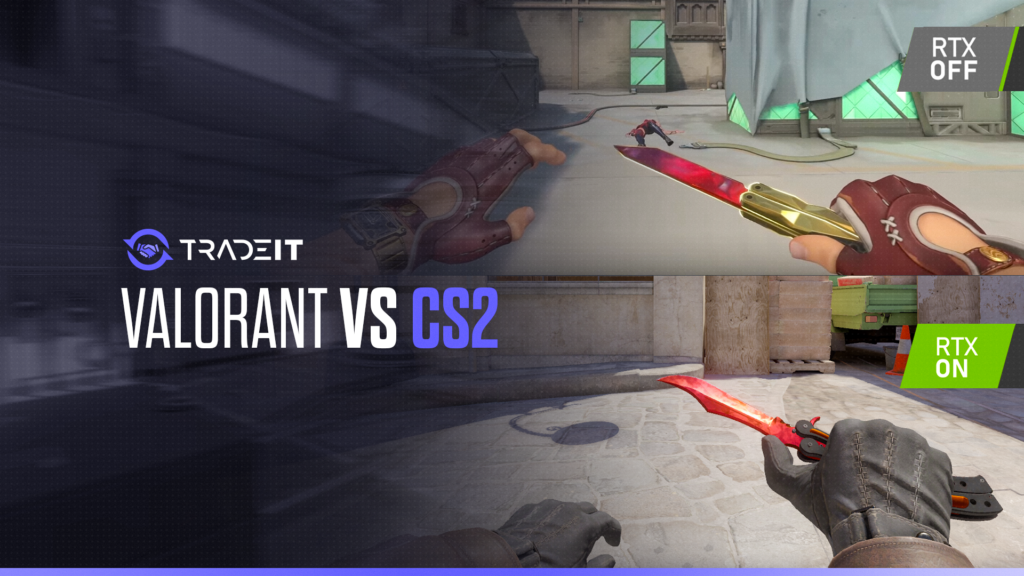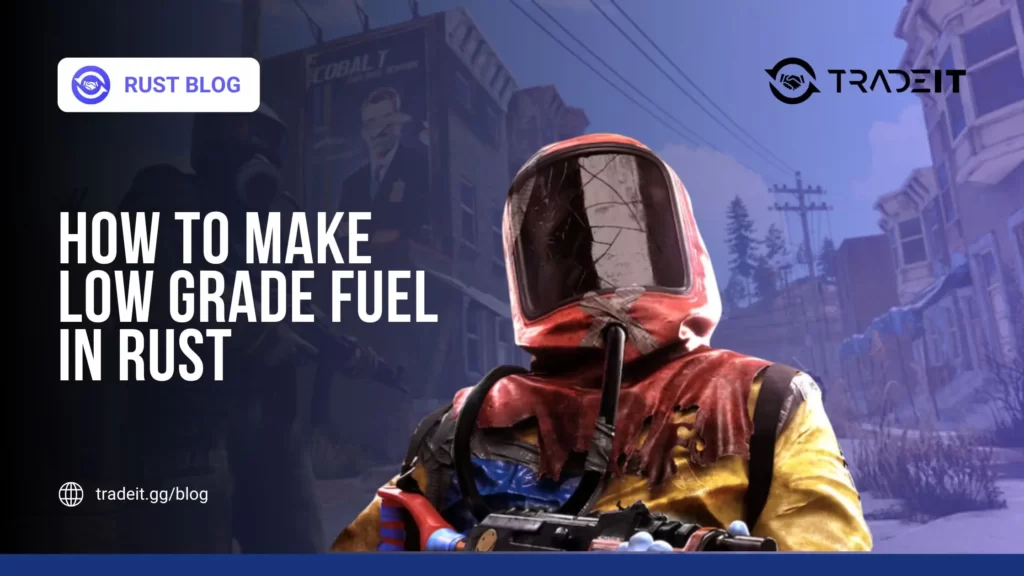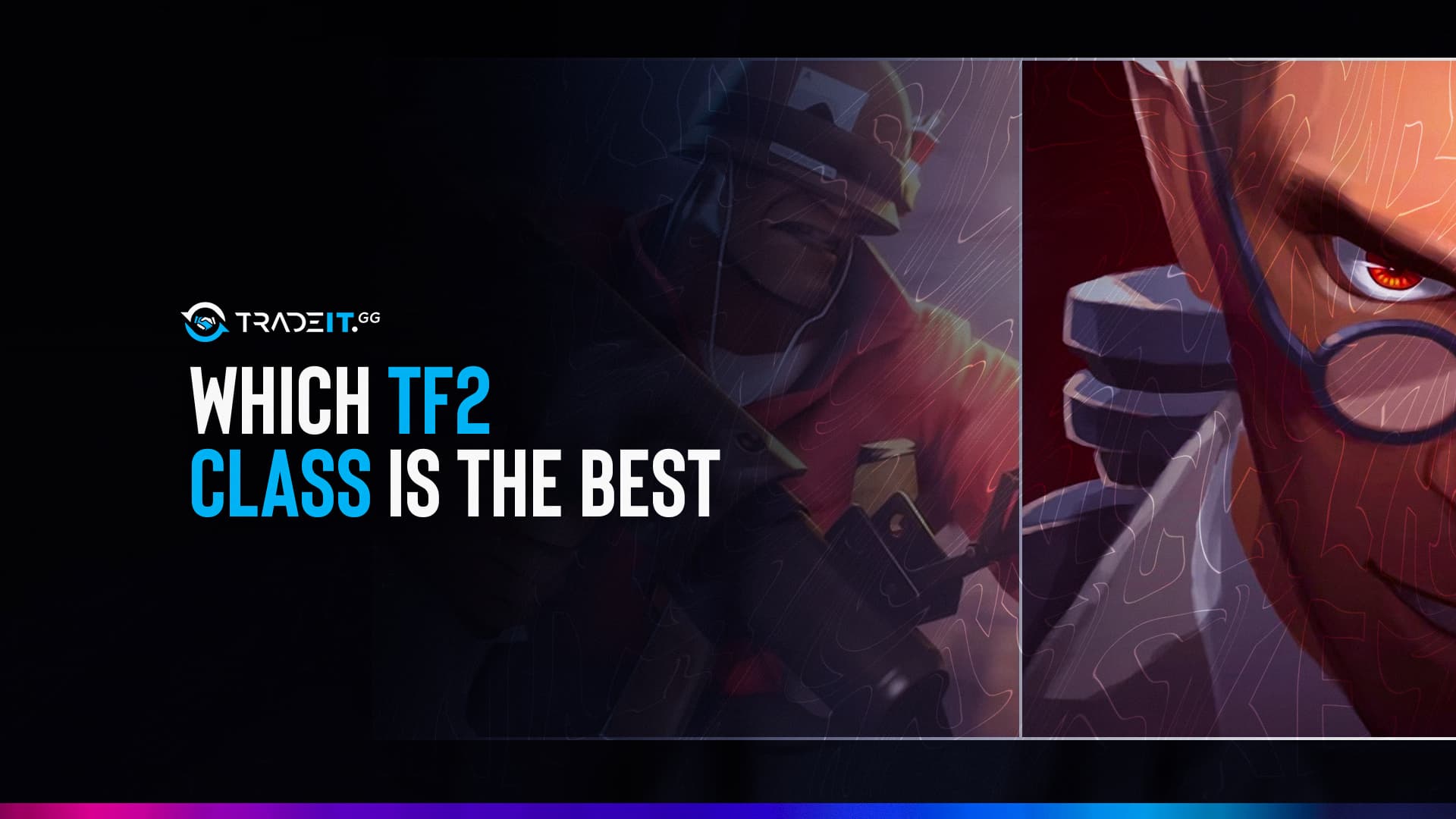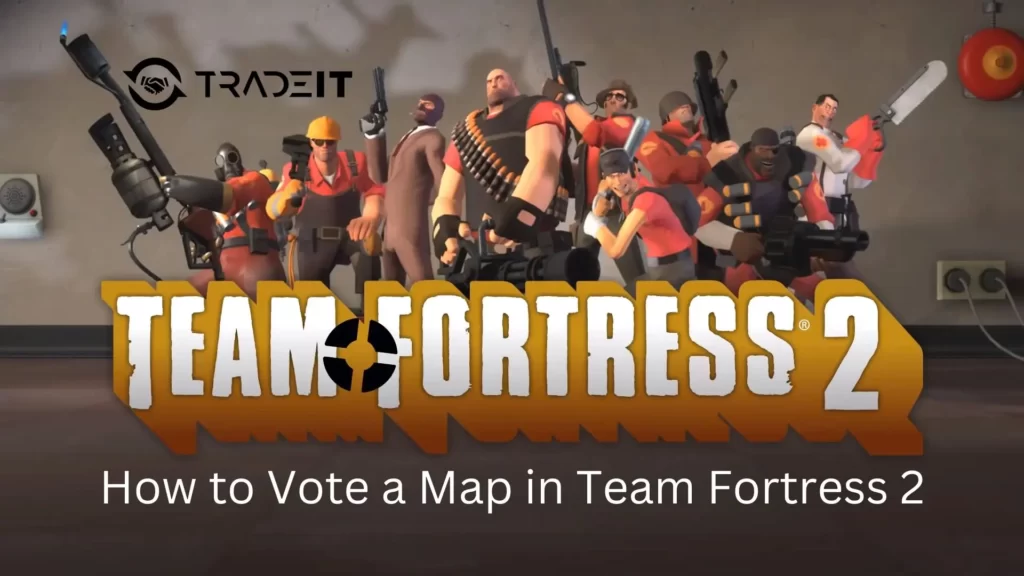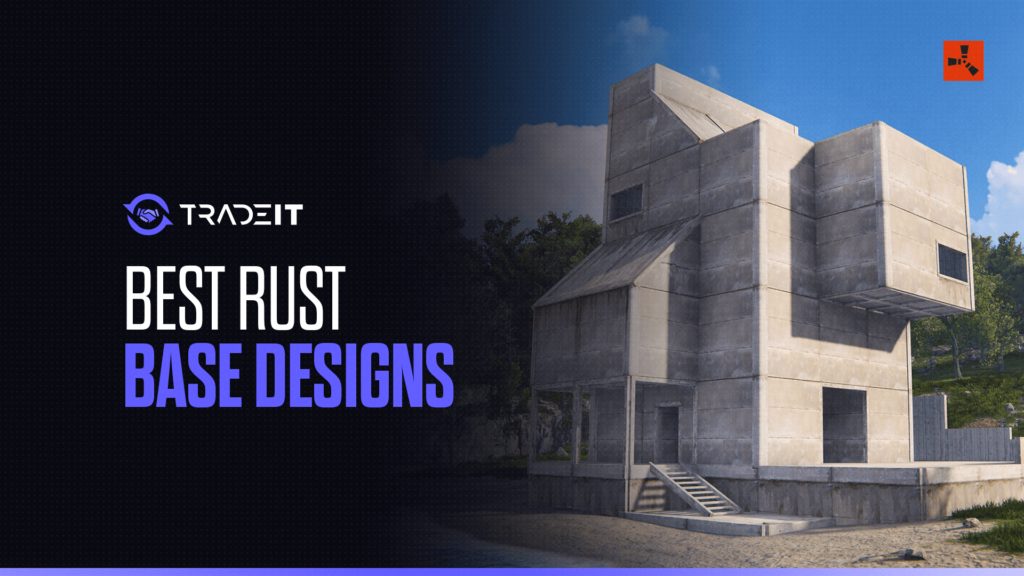Stuck in a tactical FPS rut? Torn between mastering mystical abilities or perfecting your spray control? Don’t worry; after spending over 10,000 hours in Counter-Strike and reaching Immortal in Valorant, I’m here to break down the key differences between Valorant and CS2.
Key Takeaways for Valorant vs CS2
- Valorant simplifies shooting mechanics for easier recoil management, while CS2 maintains complex weapon control. Both games offer unique movement and strategic play but differ in their tactical versus ability-based gameplay approach.
- While Valorant uses fictional weapons and agent abilities to shape combat strategies, CS2 continues the legacy of realistic arsenals and tactical equipment, such as grenades, from CS:GO.
- Valorant has positioned itself in the esports scene with structured leagues and a growing international fanbase, whereas CS2’s evolving competitive formats and prize pools suggest potential future developments.
Summary – Valorant vs CS2
Here’s a breakdown of the main differences we’ll discuss in more detail:
| Feature | Valorant | CS2 |
| Shooting Mechanics | Simpler recoil patterns | Complex recoil patterns |
| Movement | A blend of traditional mechanics and abilities | Precise mechanics tied to movement |
| Focus | Ability-based play with unique characters | Traditional FPS tactics with gunplay and bomb disposal |
| Weapons | Fictional weapons with some CS2 analogs | Realistic weapon roster from CS:GO |
| Equipment | Unique agent abilities | Traditional tactical grenades |
| Art Style | Vibrant and clear | Brutal and realistic |
| Team Roles | Flexible approach with 4 main roles | Traditional role assignments |
| Skin System | Night Market with discounts | Extensive skin trading with economic value |
| Personalization | Limited information | Weapon stickers for customization |
| Esports | Structured leagues and global tournaments | Independent competitions with changing formats |
| Servers | 128-tick servers | 64-tick servers |
| Anti-Cheat | Robust Vanguard system (kernel-level) | VAC (Valve Anti-Cheat) and Overwatch |
Shooting Mechanics
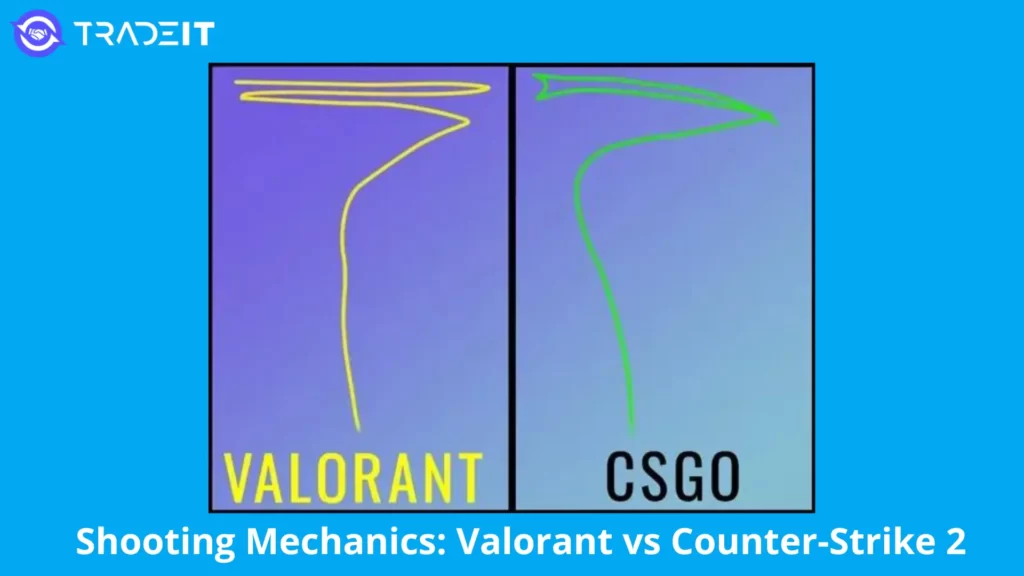
In CS2, the shooting mechanics are a complex dance of meticulous weapon control and challenging recoil patterns, reminiscent of its predecessor CS:GO.
Valorant, on the other hand, streamlines the process. It eliminates intricate recoil patterns, effectively lowering the skill barrier for recoil management.
But don’t be fooled into thinking it’s a walk in the park. Valorant compensates with accuracy spreads and tagging mechanics that significantly shape combat strategies.
Also, check out: How to Turn Off Bullet Tracers in CS2?
Movement and Map Control
A game’s movement dynamics can drastically impact strategic play, and Valorant and CS2 are no exceptions.
Valorant’s movement system is a blend of traditional FPS mechanics and unique abilities. These allow for dynamic navigation and map control that can inject a fresh perspective into your play strategies.
CS2, on the other hand, emphasizes precise shooting mechanics tied directly to movement and relies heavily on player positioning and map knowledge.
Tactical vs. Ability-Based Play

Valorant introduces a unique twist to the tactical shooter genre with its character-based gameplay. Every agent in Valorant has different abilities, creating a diverse palette of tactical options and adding layers of strategy.
CS2 stays true to traditional FPS tactics, focusing on gunplay, bomb disposal, and hostage rescue without the differentiation of unique character abilities, making it a fun experience much like the classic game Counter-Strike.
Guns Galore
Both Valorant and CS2 offer a diverse range of weapons for many players to choose from. But the devil, as they say, is in the details.
While Valorant’s armory revolves around fictional weapons, several of them are analogous to CS2’s firearms, creating a sense of familiarity amidst the novelty.
CS2 weapon tiers continue the legacy of CS:GO’s weapon roster, offering a familiar arsenal to seasoned CS players.
Equipment Essentials
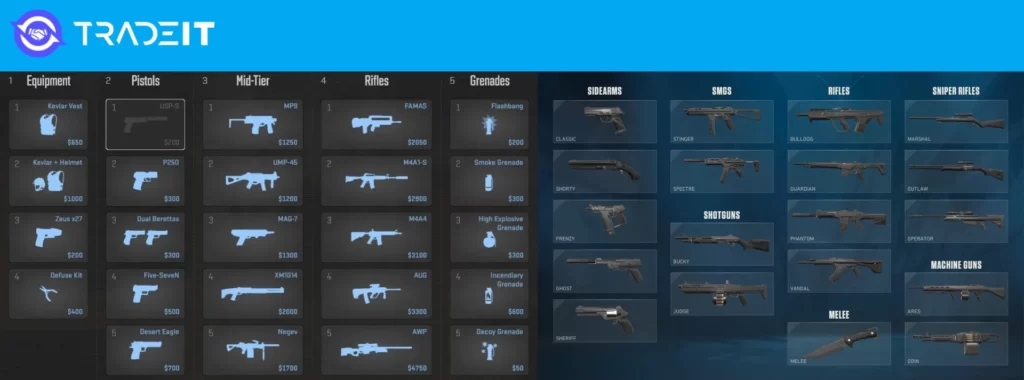
CS2 sticks with the traditional range of tactical grenades for battlefield control, with a few new twists.
Valorant, in contrast, replaces traditional grenades with unique agent abilities designed to blind opponents or create smoke.
It’s a different approach, but one that adds a unique flavor to the gameplay.
Learn Your Game: How to Practice Smokes in CS2?
Art and Design Perspectives
Valorant’s art style is vibrant and clear. Its focus is on gradient Lambert lighting and friend-or-foe Fresnel lighting, which enhances character visibility.
However, CS2 adopts a more brutal and strict visual style, focusing on realistic shooting and dynamic elements.
Team Play and Roles: Valorant vs CS2
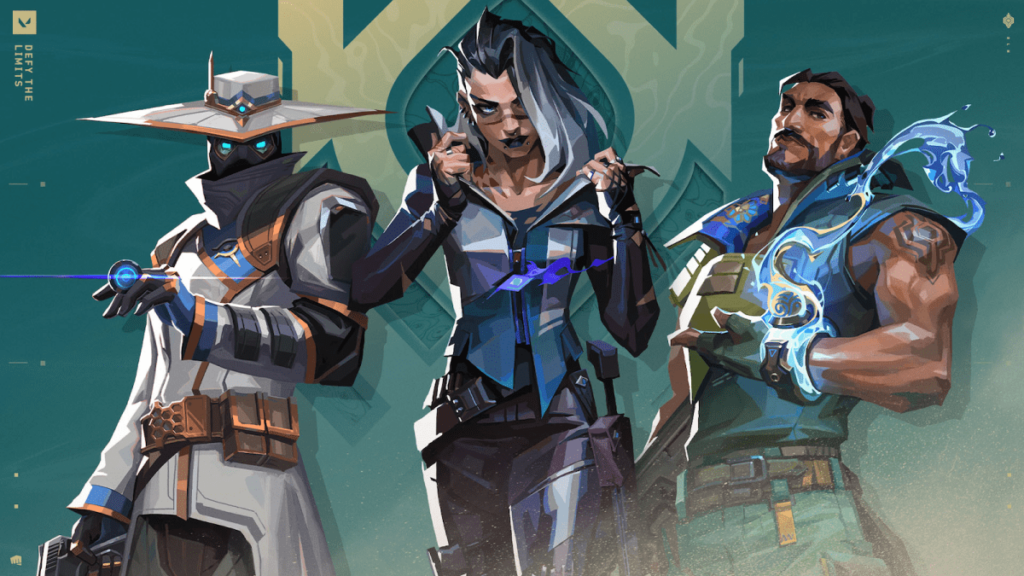
Valorant emphasizes a flexible approach to roles, enhancing team dynamics and strategic depth.
To play Valorant effectively, the game features four main roles:
- Duelist: Focuses on aggressive play and securing kills.
- Sentinel: Provides defensive support.
- Initiator: Sets up advantageous scenarios for their team through scouting and disruption.
- Controller: Manipulates the battlefield with smokes to shape team movements.
In contrast, CS2 roles and positions stick to traditional assignments, emphasizing raw skill and tactical precision in gameplay:
| Role | Description |
| Entry Fragger | Initiates attacks, first into danger |
| Support | Assists with grenades and cover fire |
| IGL (In-Game Leader) | Calls tactics and leads the team |
| Lurker | Plays independently, flanks enemies |
| AWPer (AWP Player) | Uses AWP sniper rifle for long-range kills |
While Valorant’s flexible approach to roles allows for varied gameplay and strategic depth, CS2’s traditional role assignments appeal to players who prefer a more classic FPS experience, focusing on playing their specific roles.
The Skin Scene
The Valorant Night Market offers players discounted prices on skins, potentially influencing player spending habits.
CS2’s skin inspect system, along with its active trading scene allows players extensive customization and has fostered a robust economy, providing avenues for personal expression and economic engagement.
The main difference between CS2 and Valorant is that Steam offers trading APIs to 3rd-party services like Tradeit.gg, enabling players to trade CS2 skins outside the game.
Personalizing Play
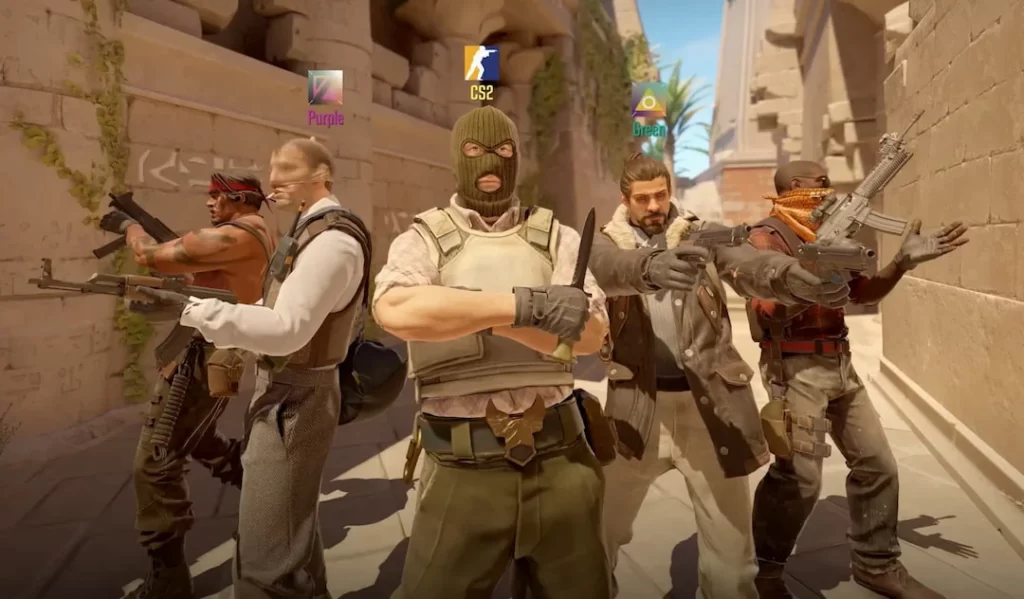
CS2 offers a unique feature to add stickers to personalize weapons, providing more avenues for customization.
On the other hand, information regarding character and weapon customization options in Valorant is limited, indicating a gap in the comparison of personalization features between the two games.
You Might Also Like: All CS2 Stickers By Color
Esports – Building the Fanbase
Building a global fanbase is crucial for any game’s esports success. Valorant has strategically built its fanbase by starting international leagues with ten partnered teams, engaging players in diverse regions, and fueling the growth of the Valorant esports scene.
Here’s where the divide happens: CS2 also has those flashy gamer plays or the twerk mechanics that make you gag, but rather than publicity, it stems from the community.
Prize Fights and Platforms
CS2 has seen significant changes in competitive formats, with the potential for alterations in prize pools, the MR 12 format, Premier and Competitive modes, and the availability of different tournament platforms in the future.
Valorant, on the other hand, has a structured system of leagues and global tournaments, providing a stable platform for esports athletes. Riot already has League of Legends to take inspiration from, so it’s safe to say this new format works just as well.
Servers and Anti-Cheat Systems
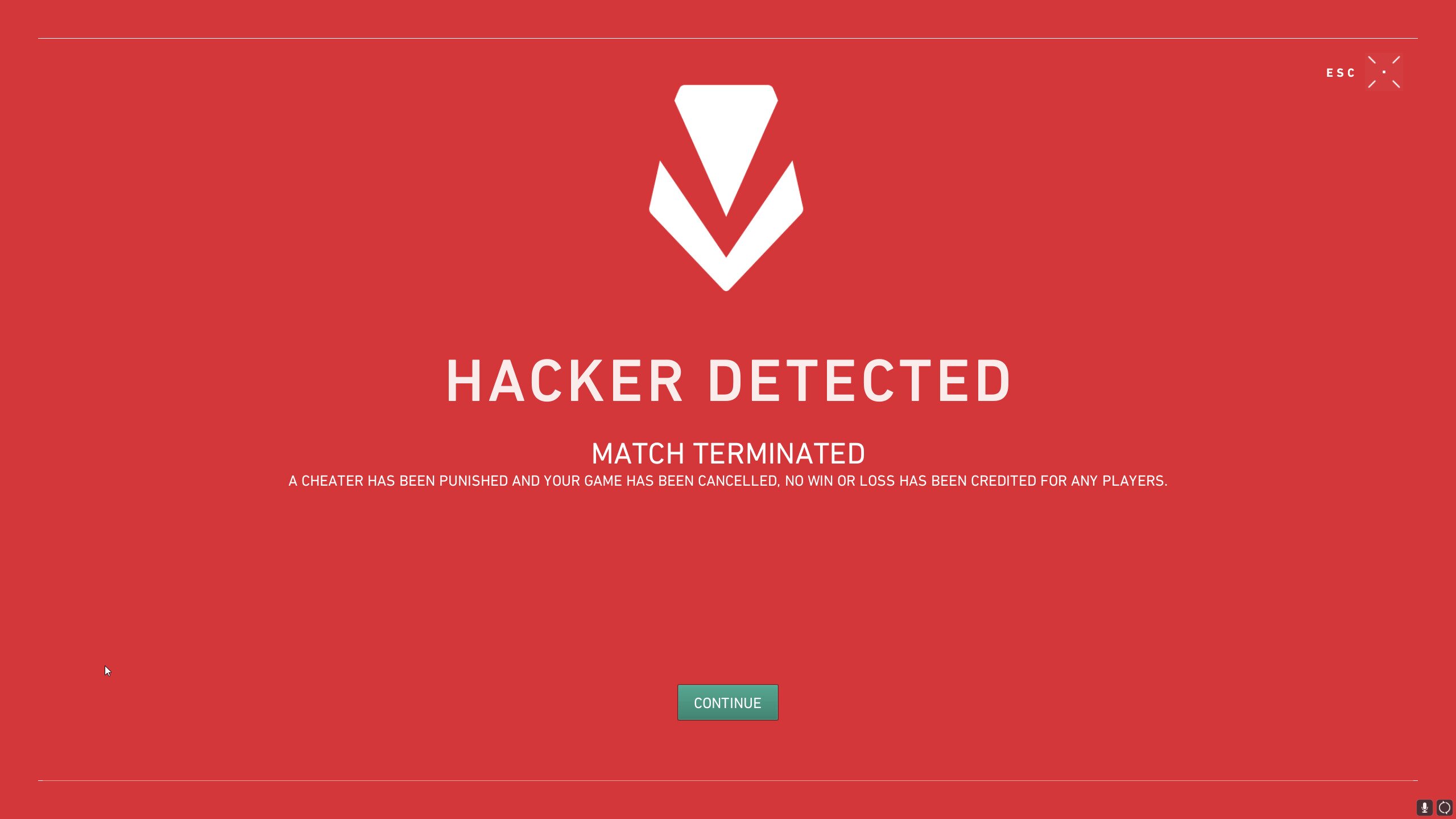
Valorant operates on a 128-tick server, providing a more fluid and accurate representation of player actions. In contrast, CS2 runs on 64-tick servers (although you can play 128-tick servers on services like Faceit and others).
There’s also:
When it comes to anti-cheats, Valorant’s Vanguard system offers a robust defense against cheaters by running kernel-level, while extremely smart, CS2’s anti-cheating measures are slightly less effective.
Conclusion
The 2024 FPS landscape is diverse and exciting, with Valorant and CS2 standing as titans of the genre. Each game brings its unique flavor to the table, offering diverse gameplay experiences to satisfy different player preferences.
I personally think that Counter-Strike 2 offers a more thrilling experience with its skin ecosystem, and it really is a community of its own. I tend to enjoy the Valorant hitbox more, as it seems more accurate with every bullet. In the beginning, the use of spells, and especially learning all the spells for each character, can be a hassle, but after a while, it’s really simple, and a lot of the abilities resemble the grenades in Counter-Strike 2.
So whether you’re a fan of Valorant’s vibrant visuals and ability-based play or prefer CS2’s realistic style and tactical precision, a gaming experience is waiting for you.
Also Check: CS:GO vs CS2 – Differences and Changes
Frequently Asked Questions
The biggest difference in shooting mechanics between CS2 and Valorant is that CS2 has complex shooting mechanics with challenging recoil patterns, while Valorant simplifies shooting mechanics by not employing intricate recoil patterns. Both games have significant differences in their shooting mechanics.
Valorant’s main roles are Duelist, Sentinel, Initiator, and Controller, each with unique abilities designed for their specific role.
You can get skins in Valorant through the shop or special events like the night market, while in CS2, skins are obtained from random drops in cases or buying from CS2 marketplaces. Happy gaming!
Valorant uses a 128-tick server and the Vanguard anti-cheat system, while CS2 operates on 64-tick servers with less effective anti-cheat measures. This makes a notable difference in server performance and cheat prevention.
Valorant has a structured system with leagues and global tournaments, while CS2 has a wider variety of independent competitions with notable changes in 2023. Both scenes offer exciting opportunities for players and fans.
CS2 is much like Valorant, but there are some major differences, including the abilities system, the ranking system, the skin ecosystem, the original server tick, and the hitbox.
Many believe that CS2 is easier than Valorant because you have fewer utility options in Valorant. The fact that you have to learn 4 different abilities for each character makes it a bit harder to learn.


